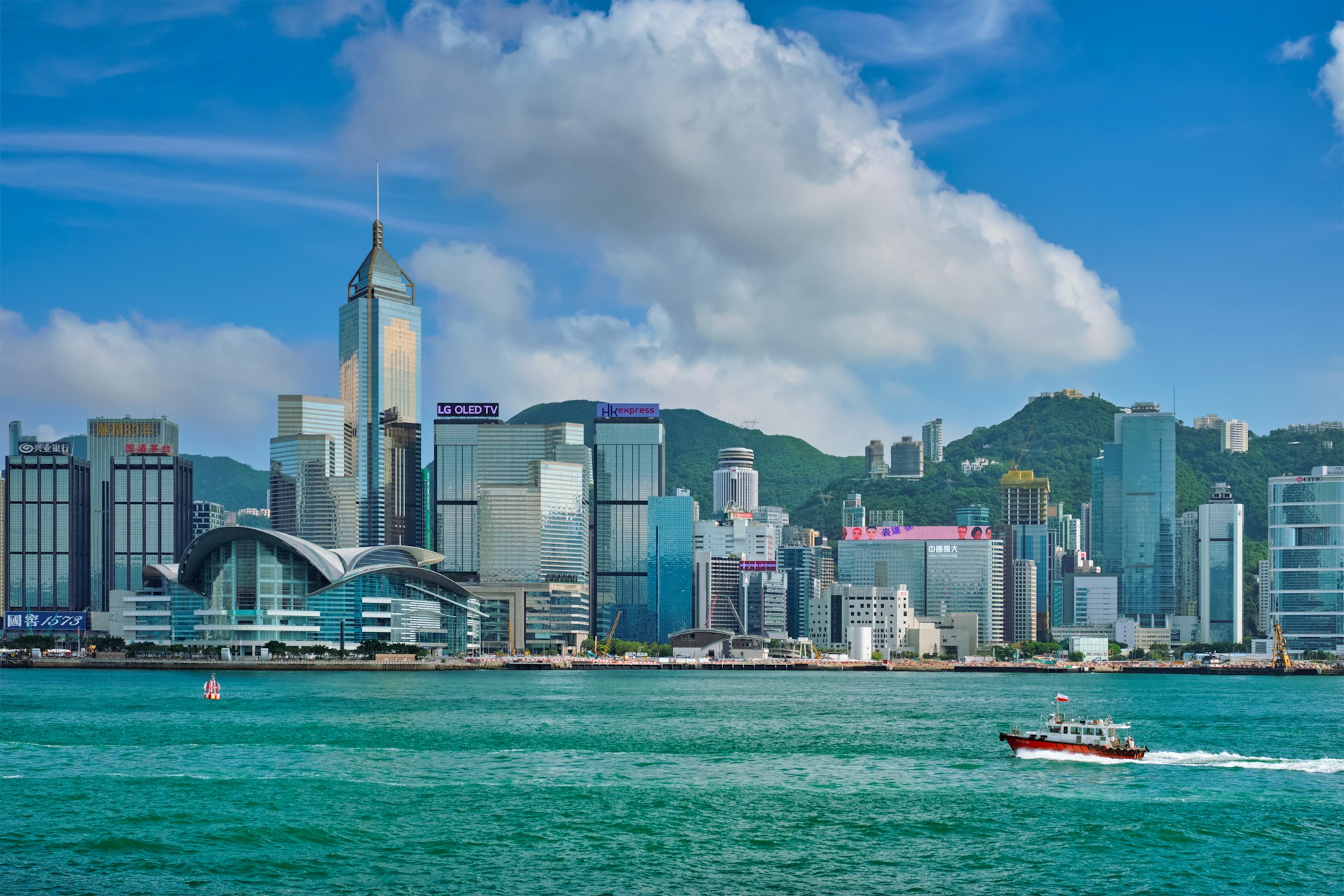Direct Calls to Hong Kong Cancelled by Container Alliances

Major container shipping alliances are moving away from including Hong Kong as a primary port of call in their east-west trade routes.
Once the busiest container port in the world during the late 1990s, Hong Kong has fallen to the 10th spot by 2023, managing 14.4 million TEU. The trend of declining deep-sea service calls seems poised to continue.
According to Sea-Intelligence, the Gemini Cooperation's network plan starting in February 2025, a partnership between Maersk and Hapag-Lloyd, excludes any direct deep-sea service stops at Hong Kong Port. This strategic shift emphasizes key hubs where the alliance partners have stakes in terminal operations, a criterion not met by Hong Kong.
Similarly, the Ocean Alliance has reduced its direct calls to Hong Kong in its 2024 network update to just six, down from eleven. For 2025, its transpacific network plans to service Hong Kong through only one Asia – US East Coast route, eliminating services from the Pacific Northwest and Southwest.
This reduction in Hong Kong's prominence as a container port over the past two decades coincides with the ascent of mainland Chinese ports, which now occupy six of the top ten global positions.
Sea Intelligence suggests that this trend could signal a broader move towards network consolidation, particularly affecting transshipment hubs. "While this does not bode well for the Port of Hong Kong, it should also be seen as a sign that an element of network consolidation is afoot, especially as it relates to transhipment hubs. Analysis of network design and network efficiency will show that fewer, but larger, hubs are economically more efficient," explained Alan Murphy, CEO of Sea Intelligence.
Murphy warned, "Hong Kong appears to be the first major ‘victim’ of this. But as the new alliance constellations improve their networks in the coming years, it is likely that more ports could risk the same fate as Hong Kong."
.